Swati Garg in Kolkata
Will the Indian Institute of Managements (IIMs)—all thirteen of them—be able to finally break-free from the yoke of the government and under a new era of emancipation, scale higher ground?
This is certainly the hope of many of the institutes and as recently as November 2nd, the directors and chairmen of IIMs across the country approached the Ministry of Human Resource Development (MHRD), to discuss this very issue, almost a decade after the demand for autonomy was first voiced.
The MHRD has gone so far as to voice 'support' for the complete independence of older IIMs - Kolkata, Ahmedabad, Kozhikode, Indore, Lucknow and Bangalore - given that they are financially independent, while the seven new IIMs will continue to get support from the ministry.
...
Can IIMs break free from government's clutches?
Image: IIM-BangaloreSo far, IIM Bangalore (IIM-B) has been the trailblazer for change. It has amended its memoranda of agreement (MoA) earlier this year and with the amendment, has received the right to manage its own funds and decide its own budget, take on key faculty appointment and promotion, appoint directors as well as expand its campus footprint.
"Others including Kolkata, Ahmedabad, Kozhikode, Indore, and Lucknow are in the process of amending their MoAs as well," said a senior ministry official.
These developments may seem hardly profound on the surface of it, but for a beleaguered group of colleges colonised by the central government, this is a very big deal.
After all, not so long ago in 2002, a saffron-clad Murli Manohar Joshi, the then HRD minister, instituted sweeping changes in the curricula of the IIMs, intensifying fears of saffronisation of management education.
In 2004, stakeholders were relieved to see NDA's Arjun Singh as the new minister but he too disappointed, delivering a caste-based quota across IIMs. Now, however, the IIMs face the most realistic chance to be masters of their own fate.
...
Can IIMs break free from government's clutches?
Image: IIM-AhmedabadThis doesn't mean that the rest of the road is going to be smooth. There are two issues that continue to spark both outrage and debate.
To understand the first controversy, it is instrumental to understand the following: Each IIM is governed by a board of governors (BoG), which is responsible for making the majority of transactional decisions.
The BoG is then overseen by a 'Society' - an overarching IIM council - which has representation from the MHRD minister, representatives of the state government, and a vice chancellor of the state university.
Guidelines about changes in governance, faculty management and funding structures were based on the recommendations of three different prior committees headed by former Maruti Suzuki chairman RC Bhargava, Rediff founder, Ajit Balakrishnan and Hari Bhatia co-chairman and managing director of Jubilant Organosys respectively.
...
Can IIMs break free from government's clutches?
Under the current rules, the IIM board has 24 members. A new proposal suggests that this number be brought between 14-16 members, who mandatorily have to attend 75 per cent of all meetings.
"The idea behind reducing board size is to ensure that people who are active remain on the board. Where the proposal of seats in the society in lieu of corporate funding is concerned, that has not found acceptance," says Devi Singh, director IIM-Lucknow.
The Bhargava Committee had recommended that the societies be trimmed to 20 members so that the rest could be given to those who gave monetary donations.
This strategy hasn't gone down well with some. "Just for IIM-Ahmedabad, 5000-odd alumnae are now in well placed positions. Raising Rs 500 crore (Rs 5 billion) from just them is an easy task. How can one even think about selling stake in IIMs to corporates for money? It is unthinkable," said Bakul Dholakia, past director, IIM-Ahmedabad.
...
Can IIMs break free from government's clutches?
Then, there's the Balakrishnan committee suggestion that teachers be required to complete a minimum of 160 hours of teaching time.
"Are we clerks? How can the ministry ask us for annual teaching plans when the discipline itself is evolving?"
Says an equally perturbed IIM-A faculty member: "We cannot be told how to plan our lessons. An average of 90 hours of classroom teaching that we do requires 60 hours of backroom work."
Some feel that other areas of the IIM education spectrum will also suffer. "Mandating a larger compulsory time window for classroom teaching will make a direct casualty out of research," said Asish Bhattacharya, director Indian Management Institute, Kolkata, who served on the IIM faculty for 11 years.
"It is like a vicious circle. The move will affect research merit and, in-turn accountability. In the long run then the purpose of autonomy, and the search for merit itself is defeated," Bhattacharya argues.
...
Can IIMs break free from government
Image: Students and faculty members of Indian Institute of Management (IIM) attend their annual convocation ceremony at AhmedabadPhotographs: Reuters
The raucous protests by the faculty across the older IIMs, especially Kolkata and Ahmedabad, have meant that the process of MoA amendment has been delayed, and is slated to remain in limbo for the next year or so.
"To be honest, those problems have not yet been solved. We expect some consensus to develop over the year," said Samir Barua, director, IIM-Ahmedabad.
Different schools have different needs. Consequently, according to Debasish Chatterjee of IIM-Kozhikode, the restrictions and accountability parameters for every IIM have to be different.
For a school like Kozhikode, the need for autonomy is directly linked to the need to expand. "Given our hilltop location, there is no scope for growth. We are in the process of getting some land in Kochi, a natural progress for us. Autonomy is essential in as much as it gives us the chance to set up satellite campuses, both domestic and international," explains Chatterjee.
...
Can IIMs break free from government
Image: IIM-AThat IIMs have been trying to expand domestically and abroad is well known. As far back as 2005, IIM-A almost closed the deal to set up another institute in Maharashtra. Now, there has been talk of discussing campuses in Singapore and Dubai.
Also in the works is collaboration between the three oldest IIMs. "A joint international campus, where synergies, and resources might be shared between A B C is a possibility. Things should concretise next year," said Samir Barua, director, IIM-A.
Detractors however have argued that instead of strengthening the IIM brand, the move might lead to its dilution.
"Look at the international campus of an institute like SP Jain, where the international campus is seen as the money making scheme where only students who do not have merit to make it to the India campus find entry," argues Dholakia.
...
Can IIMs break free from government's clutches?
M J Xavier, director IIM Ranchi points to article 3 of the MoA, which is essentially the raison d'etre of the IIMs: "To serve the needs of business, industry, Government and society at large through programmes and activities developed to serve the mission; Build leaders and entrepreneurs through holistic, transformative and innovative education."
Can the evolution of more independent decision making powers for IIMs fulfil these fundamental objectives?
Have they been doing so? Those are the important questions on everyone's lips in figuring out a way forward.

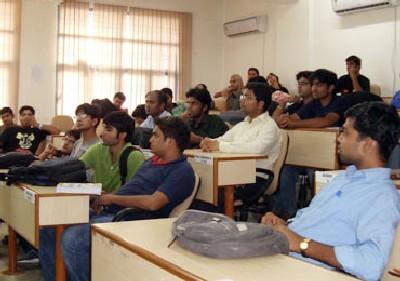
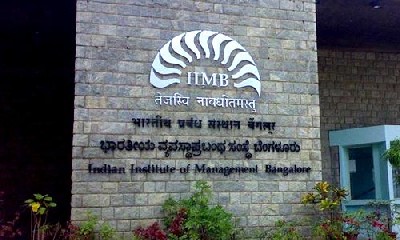
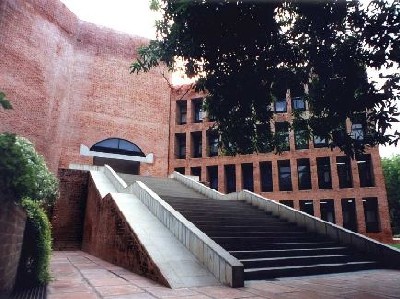

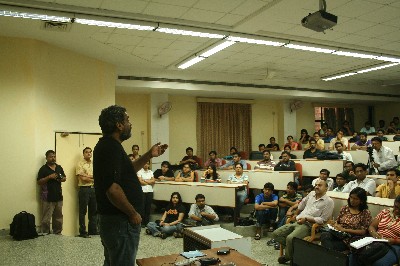
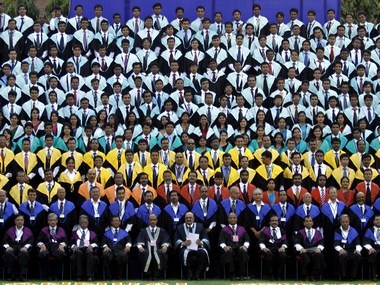
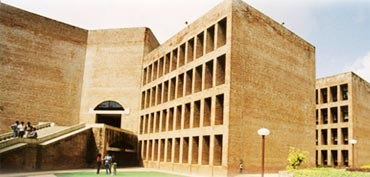
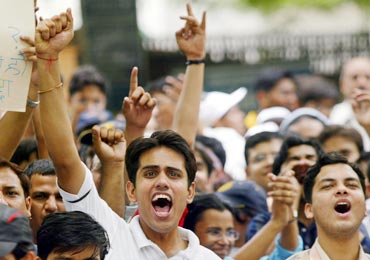

article